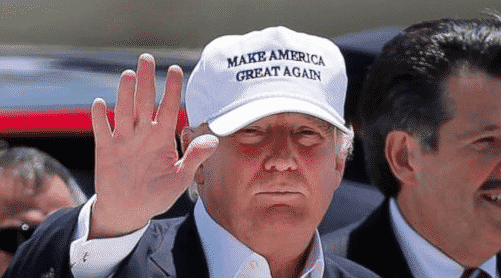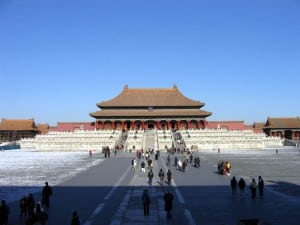
By NEIL GOUGHSEPT. 7, 2015
HONG KONG — China is burning through its huge stockpile of foreign exchange reserves at the fastest pace yet as it seeks to prop up its currency and stem a rising tide of money flowing out of the country.
Even after a record monthly decrease of nearly $100 billion, China still has the world’s biggest cache of foreign reserves, standing at $3.56 trillion at the end of last month, government data showed Monday.
The total has declined steadily from a peak of nearly $4 trillion in June of last year, as slowing economic growth caused investors to move money out of the country in search of better returns elsewhere. As a result, the Chinese central bank has had to sell huge amounts from its foreign reserves to maintain the strength of the nation’s currency, the renminbi.
The exodus of investors’ money accelerated last month after China made the surprise decision on Aug. 11 to devalue the renminbi by the most in over two decades. China’s foreign reserves fell $94 billion in the month, according to Monday’s report, as the central bank mounted an aggressive defense of the renminbi.
https://www.nytimes.com/2015/09/08/business/china-renminbi-yuan-foreign-reserves.html?_r=0








